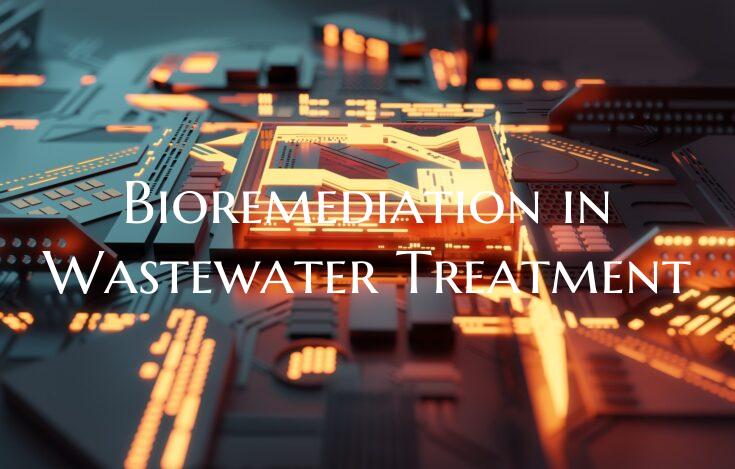Bioremediation in Wastewater Treatment
Bioremediation in Wastewater Treatment: Harnessing Nature's Power for Environmental Cleanup
Bioremediation is a natural process that uses microorganisms to break down contaminants in environmental systems, such as soil, water, and air. When applied to wastewater treatment, bioremediation offers a sustainable and cost-effective solution for removing pollutants and improving water quality.
Wastewater is generated from various sources, including industrial processes, agricultural activities, and domestic sewage. This wastewater can contain a wide range of contaminants, such as organic compounds, heavy metals, and nutrients, that can have harmful effects on human health and the environment if not properly treated.
Bioremediation in wastewater treatment involves the use of specific microorganisms, such as bacteria, fungi, and algae, to degrade or transform pollutants into less harmful substances. These organisms can metabolize organic compounds for energy, adsorb heavy metals onto their surfaces, and utilize nutrients for growth, thereby reducing the concentration of pollutants in the water.
One common bioremediation technique used in wastewater treatment is the activated sludge process, where microorganisms are cultured in aerobic conditions to break down organic matter in the water. In constructed wetlands, plants and microorganisms work together to remove pollutants through physical, chemical, and biological processes.
Bioremediation offers several advantages for wastewater treatment compared to conventional methods, such as chemical treatment or physical filtration. It is a more environmentally friendly approach that does not rely on harsh chemicals, produces minimal waste, and can be tailored to target specific contaminants. Additionally, bioremediation can be integrated into existing wastewater treatment systems or used as a standalone treatment method.
Overall, bioremediation in wastewater treatment presents a promising solution for sustainable water management and environmental protection. By harnessing nature's power to clean up polluted water, we can ensure a healthier and more resilient ecosystem for future generations.

